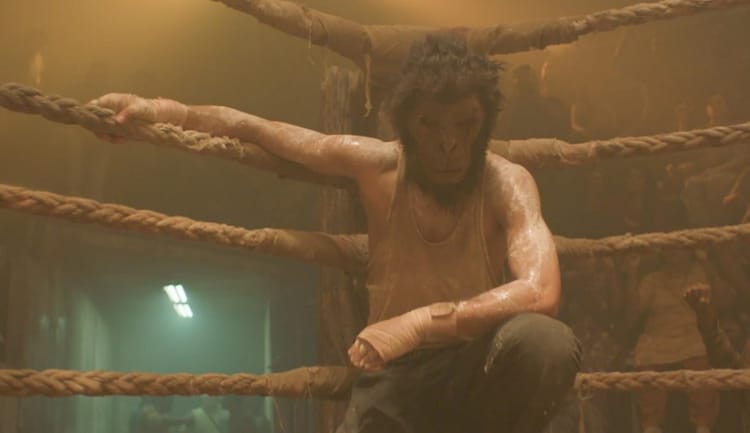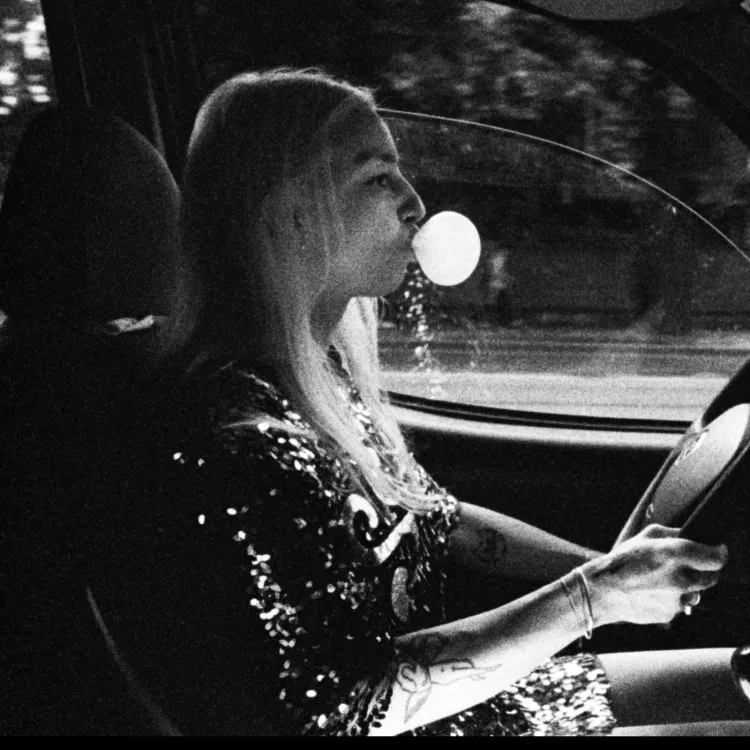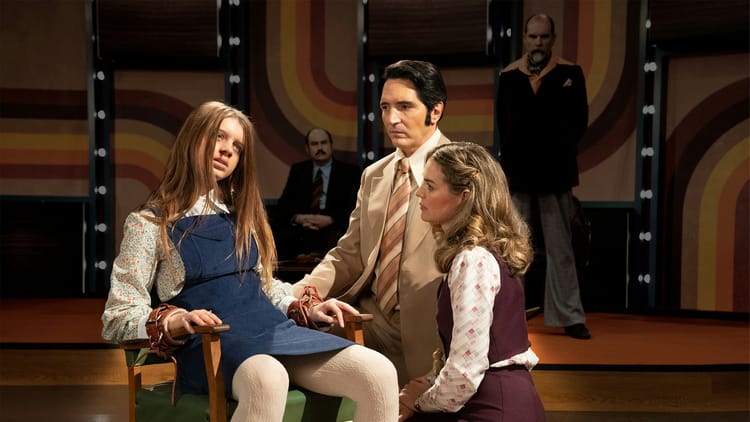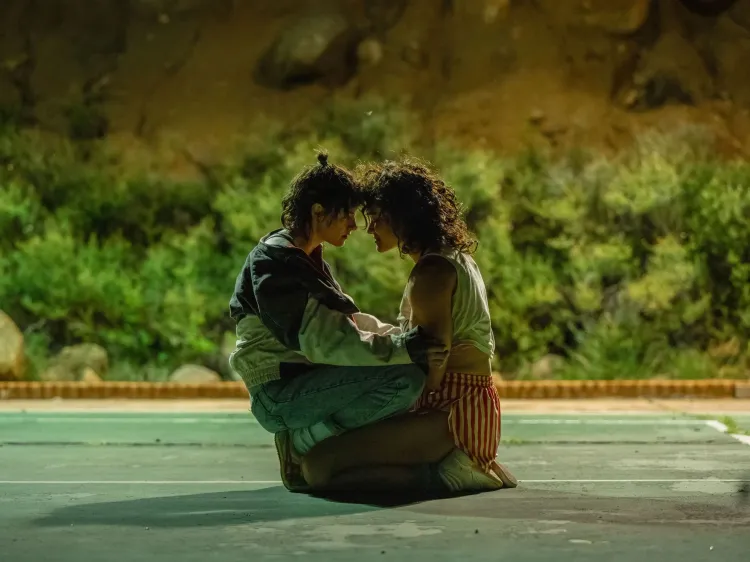If Beale Street Could Talk
What does it take for a movie to love its characters? What more does it take for that love to infect its audience? For that love to make its way through the crowd, for that crowd to know just what that character is thinking, to smile when they smile, to break when they break?
If Beale Street Could Talk is a loving movie. It chooses to care about its characters, to hope. It doesn’t do so in a naïve way. It acknowledges the harsh reality, the painful and unfair existence, the failures that come, and it chooses not to dwell on that darkness, but to find joy in living.
Nowhere is that more evident than in the colours of this movie. Every frame is gorgeous, every shadow hits just right, every outfit perfectly matches with the world around it. Every choice is deliberate, and every shot, long or short, pulls you a little deeper into this world.
There is a sense of being in this movie. There is no artifice; the actors are simply living in this world as these characters. KiKi Lane and Stephan James are revelations as Tish and Fonny, a couple that your heart sinks into because you watch them sink into each other. There’s nothing childish about them believing in love because everyone around them is doing the same. Regina King’s Sharon and Colman Domingo’s Joseph carry this belief, shouldering their daughter’s pain to make her world a little brighter in whatever way they can.
Even the smaller performances, like Diego Luna and Dave Franco, help build this world exuding a certain charm, a smile in spite of a harsh world. Possibly the most impactful performance of the film is Brian Tyree Henry’s Daniel. His entry turns the movie on its head, introducing a new way of looking, a sense of dread for a world that will crumble. It is not because of the things he does, or the things he says. It is only because of the way he looks: at a new bottle of beer, at Fonny, his childhood friend, at the ash about to fall off the cigarette. Daniel is a reminder of the cruelty that exists, and that it will make its way to Tish and Fonny.
But this inevitability is not hopeless. There is a reason everything in this movie looks so beautiful. It is because they are. Barry Jenkins is not selling a lie, he has found the truth in every window, in every face, smile, or laugh. Yes, there is darkness and suffering, but beneath that, if you look closely enough, when the light catches it at the right side, when the music plays softly beneath the hum of the streets, there is love. And that’s going to be enough.




